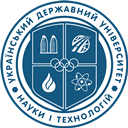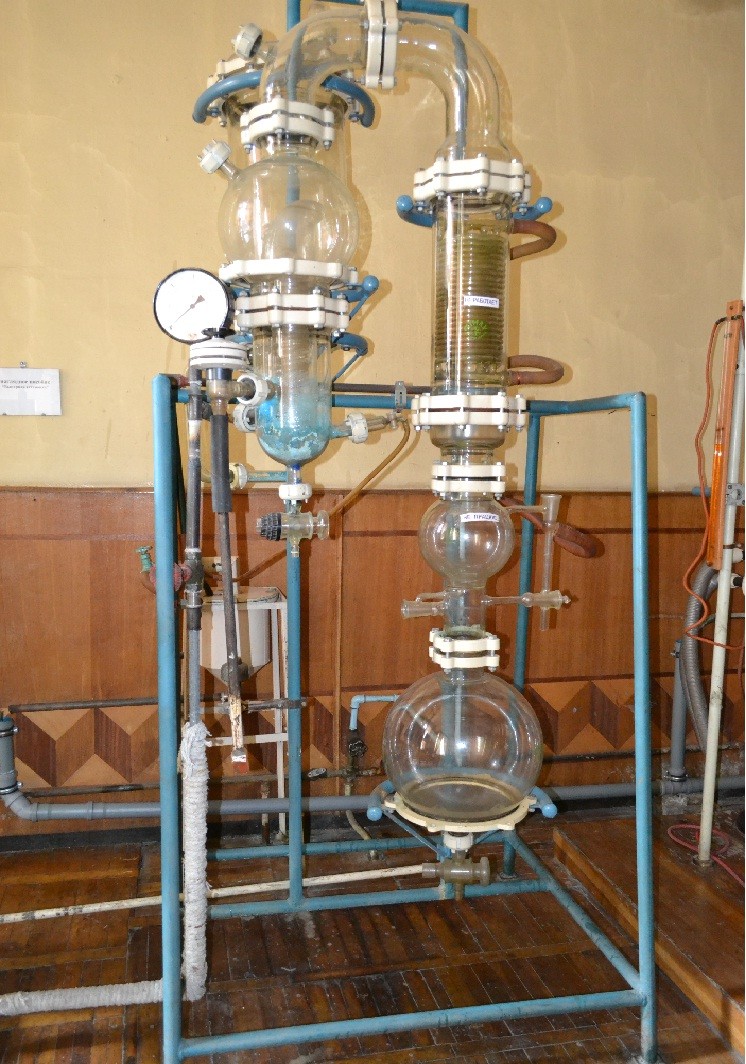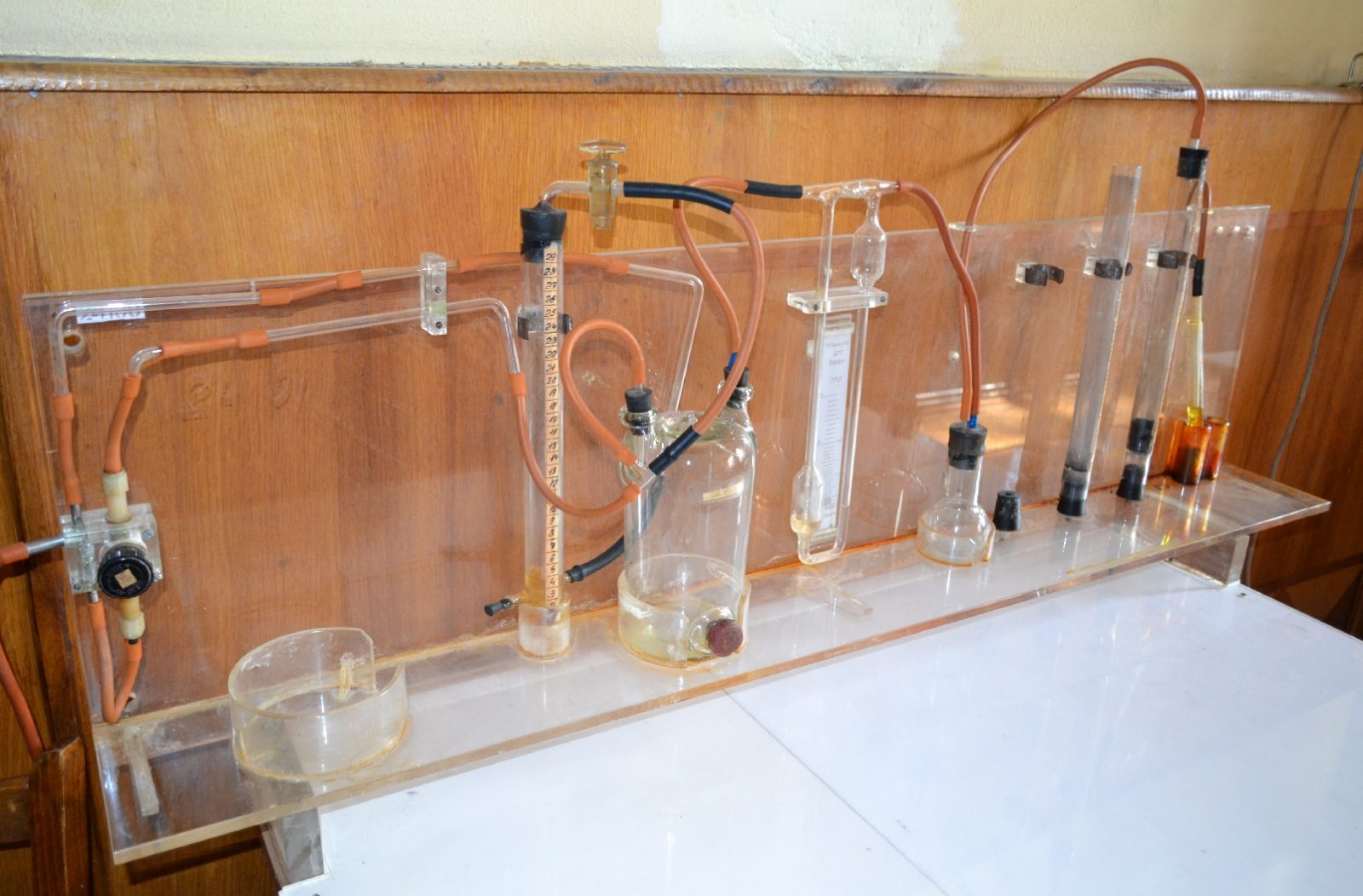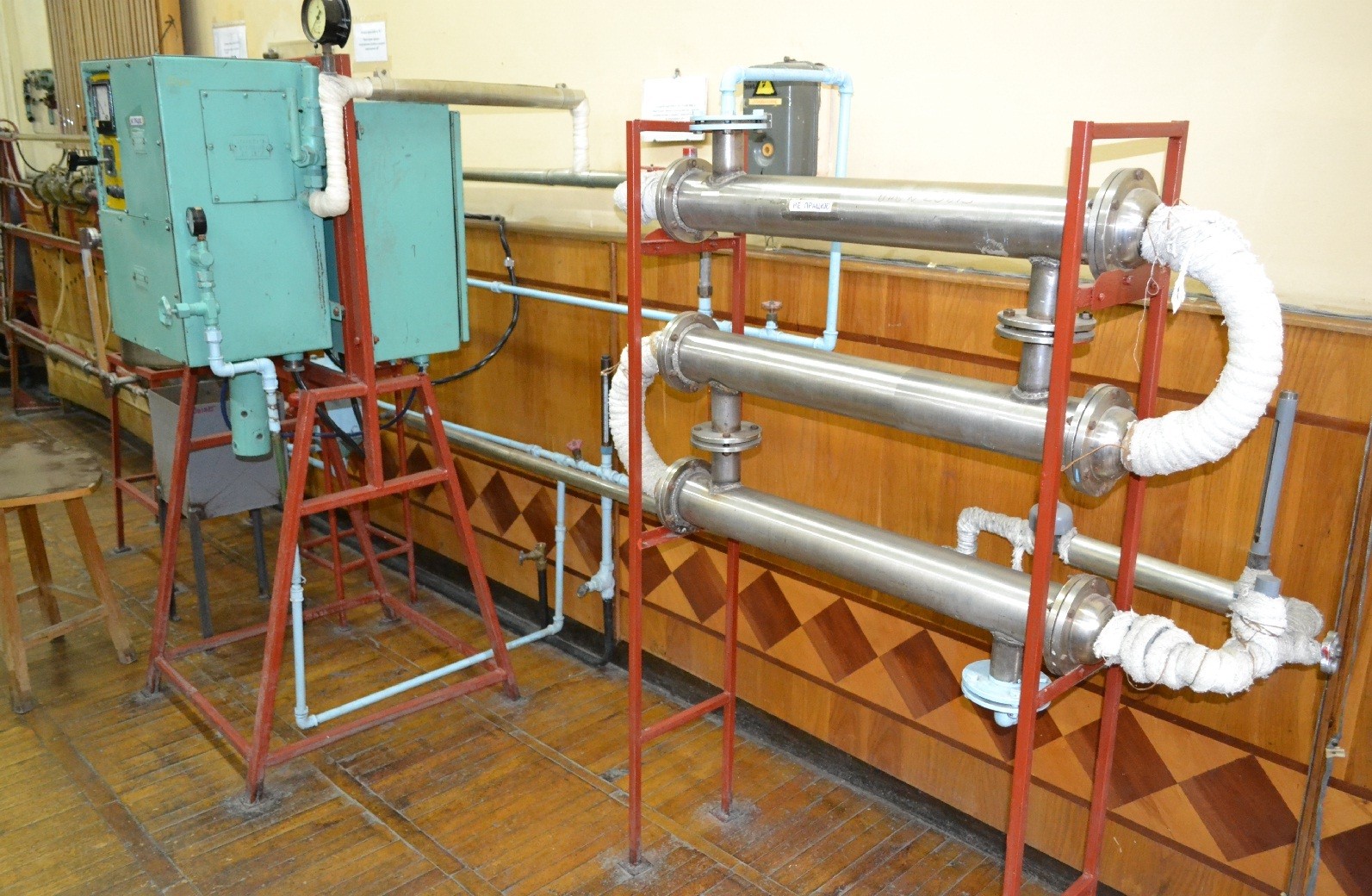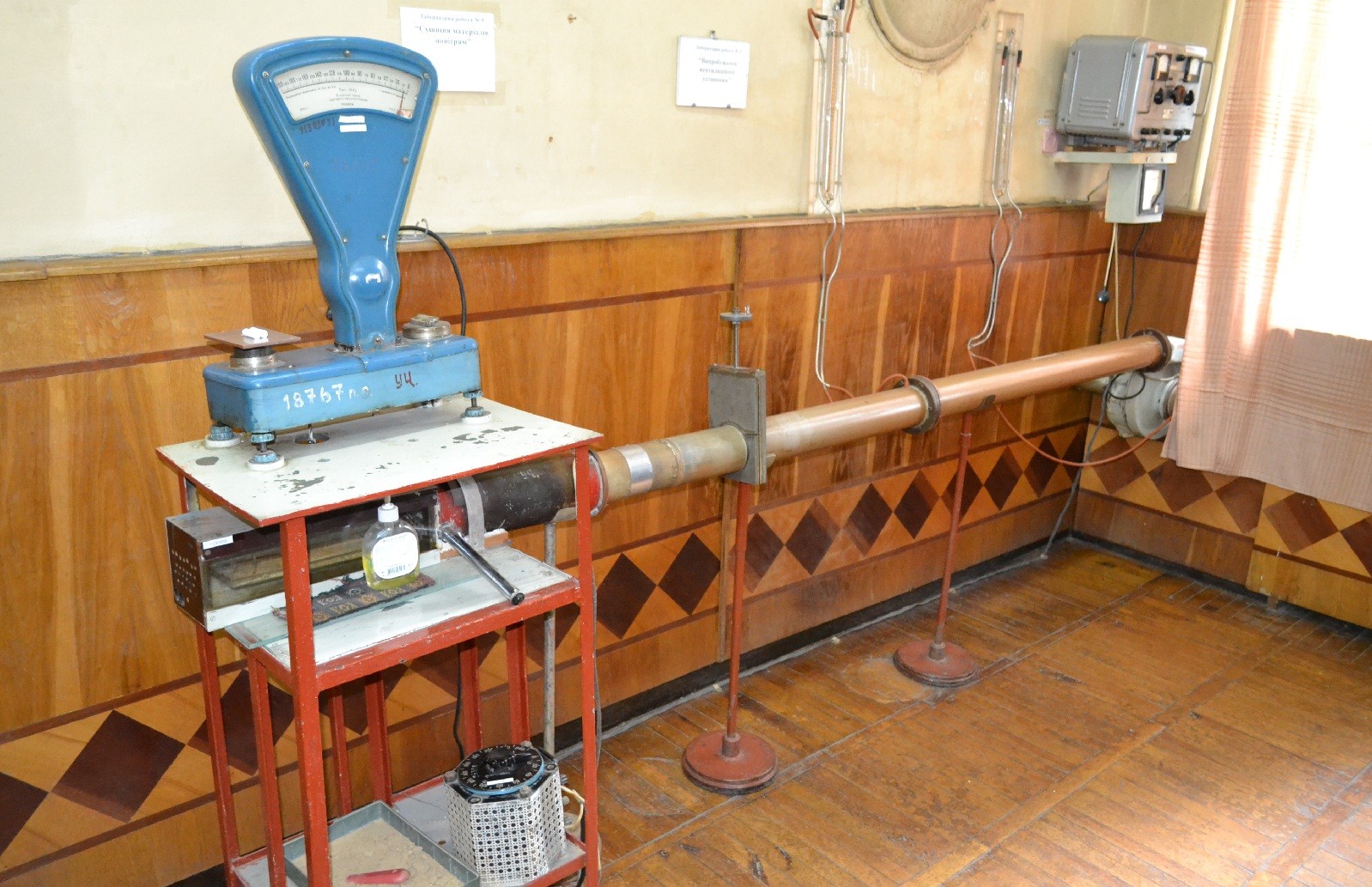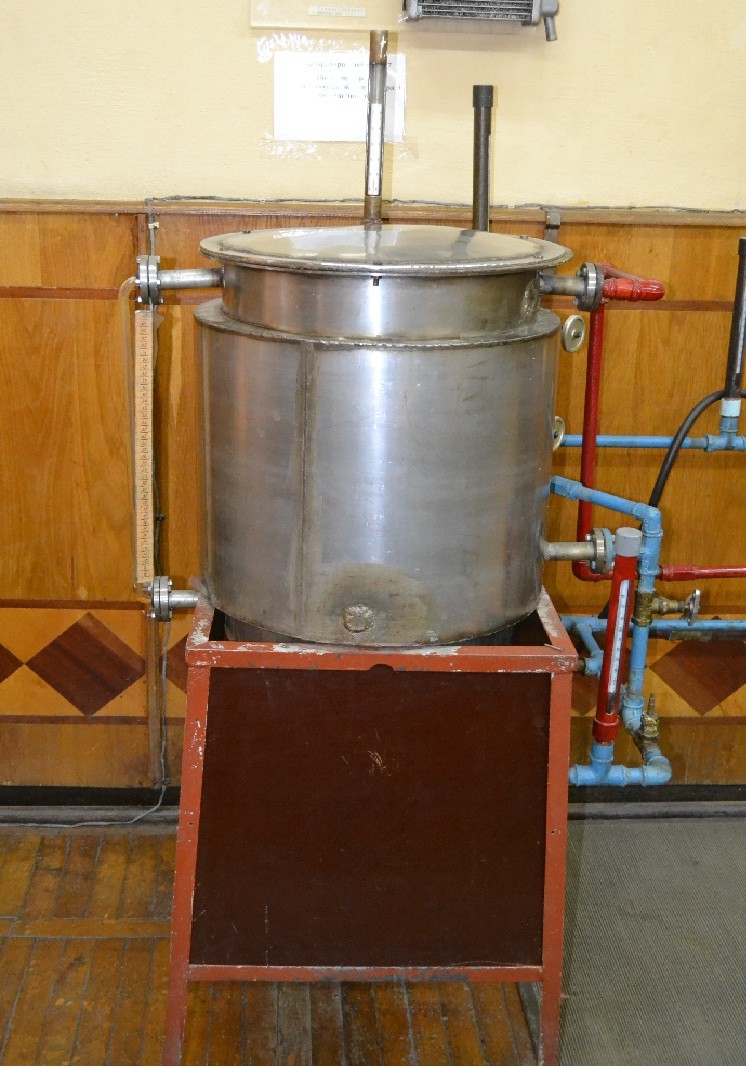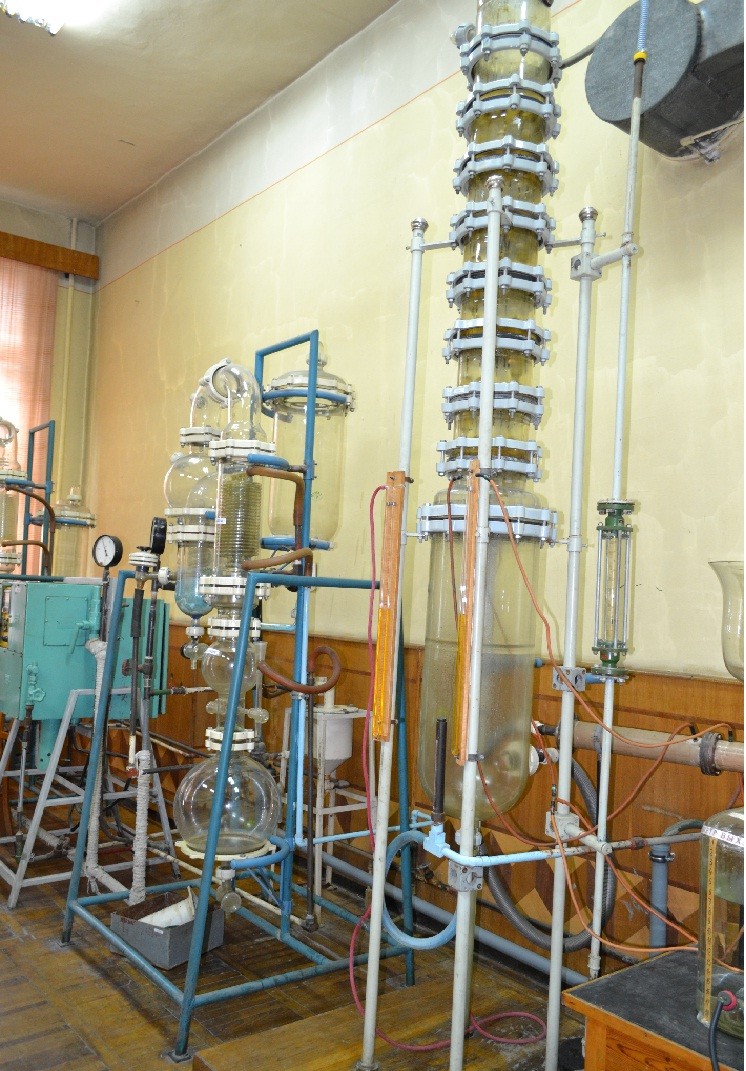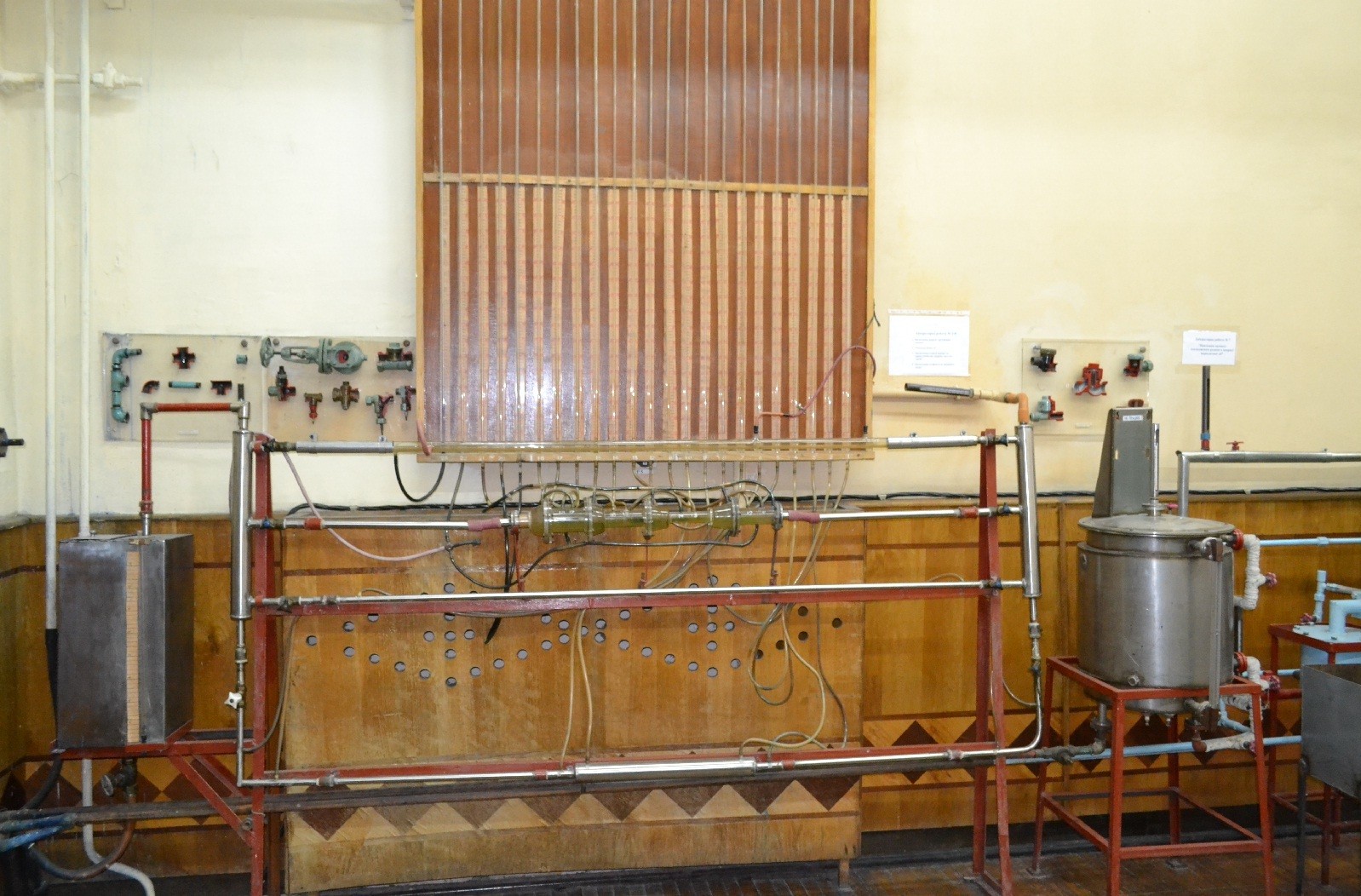DEPARTMENT OF PROCESSES, APPARATUS AND GENERAL CHEMICAL TECHNOLOGY
| The following disciplines are taught at the Department “Processes, apparatuses and general chemical technology”: |
- processes and apparatuses of chemical production
- Processes and Apparatus of Food Production
- processes and apparatuses of biotechnological manufactures
- processes and apparatuses of chemical and pharmaceutical manufactures
- processes and devices of nature protection technologies
- production processes and equipment of automation objects
- processes and apparatus
- general chemical technology
- General Chemical and Pharmaceutical Technology
- technology and technology industry
Laboratory settings
| Educational and methodical literature on the courses: PAHV, PABV, PAHFV, PAPT, VPtaOAA, PTAA: |
- Tutorials:
Tertishnyi O.A., Oparin S.O., Ryabik P.V. Mechanical processes in chemical technology.
Methodical instructions
- Methodical instructions for laboratory work
- 1658 LW No. 6 – Ventilation unit test
- 1660 LW No. 1-4 – in the section “Hydraulics”
- 2005 LW No. 13 – Study of the work of compression refrigeration
- 2096 LW No. 10 – Investigation of the process of separation of liquid homogeneous mixtures in a distillation column
- 2205 LW No. 8 – Study of the process of cooling the hot liquid in the apparatus of continuous action
- 2486 LW No. 12 – Study of the operation of the adsorption unit of periodic action
- 2508 LW No. 11 – Investigation of the process of separation of the gas mixture in the bubbling-type absorption column
- LW No. 7 – Study of non-stationary heat transfer process in the apparatus of periodic action
- LW No. 9 – Air drying of materials
- Methodical instructions for the course project
- 1280 CP Adsorption
- 1287 CP Calculation of Nozzle Rectification Column
- 1430 CP Calculation of the plate of continuous rectification unit
- 1569 CP Calculation of a three-hull evaporative installation
- 1627 CP Calculation of shell-tube heat exchanger-heater
- 1760 CP Calculation of a single-housing evaporation unit
- 1874 CP Calculation of a rectification plant for periodic operation
- 1935 CP Calculation of absorption plant for ammonia production
- 2002 CP Rectification Continuous Installation Calculation of Shell Pipe Capacitor
- 2033 CP Calculation of ammonia heat exchanger in a cycle with single throttling and pre-cooling
- 2101 Methodical instructions to the course project fulfilment
- 2154 CP Calculation and design of boiler heat exchanger – auxiliary equipment
- 2212 Tasks for the implementation of the course project
- 2240 Tasks for the implementation of CP under the sections “Thermal processes”, “Evaporation”, “Drying”
- 2241 Tasks to complete the course project in sections “Distillation”, “Absorption”, “Adsorption”
- 2407 CP Calculation of a continuous rectification plant. Design the nozzle unit
- 2478 CP Calculation of absorption units for systems complying with Henry’s law
- 2748 CP Calculation of adsorption installation of periodic action. Design an adsorbent with a fixed layer of adsorbent
- 2993 CP Calculation of a two-pipe evaporator heat exchanger
- 2994 CP Calculate the absorption-refrigeration unit. Design a condenser refrigerator
- 3001 KP Calculation of multi-hull evaporator
- Lecture notes
- 1625 Artificial cooling
- 1981 Crystallization
- 1992 Deep Cooling
- 2144 Membrane processes
- 2155 Extraction
- 2353 Drying
- 2585 Hydraulics. Hydromechanics
- 2729 Mechanical processes
- 2768 Thermal processes
- 2992 Liquid distillation and rectification
- Methodical instructions for solving problems
- 2586 MI to solving problems (Hydraulics)
- 2961 MBI to solving problems ( (Drying)
- Tasks to control works
- 1907 CW No. 1 distance (Mechanical specialties)
- 1926 CW No. 1 distance (Technological specialties)
- 1984 CW No. 2 distance (WUA, KIT, MS)
- 1988 CW No. 1 distance (WUA, KIT, MS)
- 2061 CW No. 3 distance (for all specialties)
| Educational and methodical literature on the courses: ZHT, ZHFT, TTATG |
- Tutorials:
V.D. Barskyi, LA Snezhko, A.A. Chernyshev. Calculations of processes and reactors in the course of general chemical technology.
Methodical instructions
- Methodical instructions for laboratory work
- 3315, 92 Laboratory work No. 1 – Thermal cracking of oil products
- 320 Laboratory work No. 2 – Production of phenol-formaldehyde resin
- 236 Laboratory work № 3 Production of hydrochloric acid by sulfate method
- 3370, 1064 Laboratory work № 4 – Production of ammonium sulfate
- 2728, 1063 Laboratory work № 5 – Production of sulfuric acid by contact method
- 1089 Laboratory work No. 6 – Carbon monoxide conversion
- 228 Laboratory work № 7- Production of styrene by catalytic dehydration of ethylbenzene
- 2584 Laboratory work No. 9 – Electrolytic production of copper powder
- Methodical instructions for independent work
- 2581 Independent work – Raw materials, water and energy in the chemical industry
- 4224 Independent work – On the laws of conservation and their universal nature (Rus.)
- 4225 Independent work – On conservation laws and their comprehensive nature (Ukr.)
- 4538 Independent work – Mat. description of the structure and behavior of complex HTS. Part 1 (Rus.)
- 4543 Independent work – Mat. description of the structure and behavior of complex HTS. Part 2 (Rus.)
- 4560 Independent work – Mathematical description of the structure and behavior of complex HTS Part 1 (Ukrainian)
- 4561 Independent work – Mathematical description of the structure and behavior of complex HTS Part 2 (Ukrainian)
- Working notes for laboratory work
- Work note to Laboratory work No. 1 – Thermal Cracking of Petroleum Products
- Work note to Laboratory work No. 2 – Production of phenol-formaldehyde resin
- Work note to Laboratory work No. 3 – Hydrochloric Acid Production by Sulfate Method
- Work note to Laboratory work No. 4 – Production of ammonium sulfate
- Work note to Laboratory work No. 5 – Production of Sulfuric Acid by Contact Method
- Work Note to Laboratory No. 6 – Carbon Monoxide Conversion
- Work note to Laboratory work No. 7 – Production of styrene by catalytic dehydration of ethylbenzene
- Work Note to Laboratory Work No. 9 – Electrolytic Production of Copper Powder
